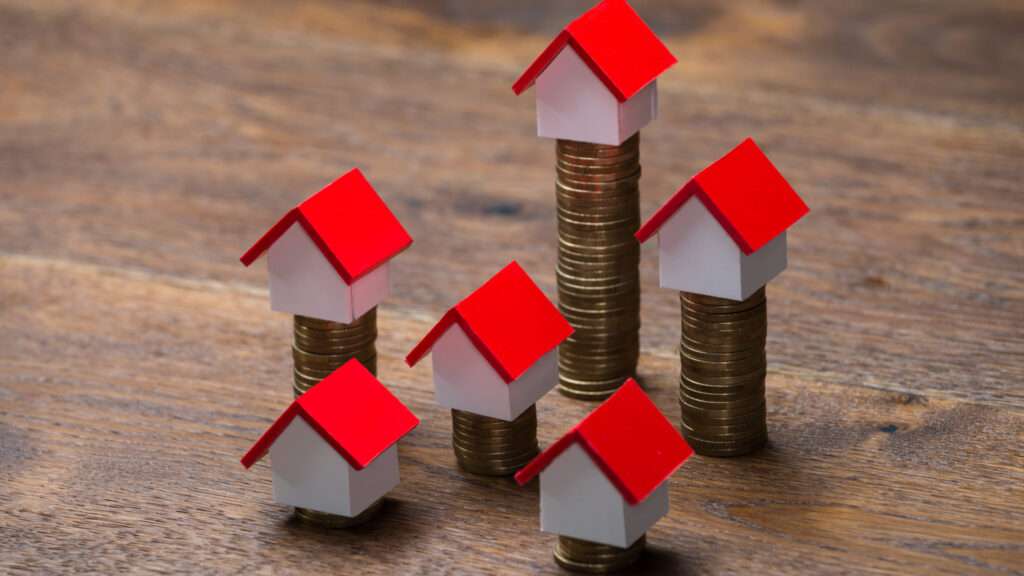
There will likely come a point in the future where any government that seeks to retain or cultivate votes from those aged under 40 will have to announce an absolutely enormous house building scheme, or a huge scheme to replenish the social housing stock in order to redress the balance between buyers and sellers.
As it currently stands, prices are absolutely soaring due to a massive drive in demand for UK property.
To explain this rise in demand we probably have to look at it from a number of angles. Firstly, the pandemic has shifted attitudes and changed peoples’ living plans. For those planning for the long term, there’s nothing quite like being shut in your home for a year to perhaps make you live in the moment a little more.
Secondly, the Bank of England and other economists estimate that, for those who remained in employment (the vast majority) there is now an absolutely mammoth amount of money saved up in the wider economy, billions in fact.
People haven’t been spending money travelling to work, going out, going on holiday or even spending money on clothes and it’s meant that millions have been able to save huge amounts of money in the process.
Finally, the property market never really came to a halt and, in fact, accelerated thanks to government tax breaks and incentives – all of which have cumulated in an increase in house prices over the last year.
Soaring prices
The Office for National Statistics (ONS) have quite helpfully illustrated this for us by releasing an annual set of data which shows house prices exploding in 2020.
As reported in Property Wire, ‘UK average house prices increased by 7.5% over the year to January 2021, according to the latest ONS House Price Index.
Average house prices increased over the year in England to £267,000 representing an increase in 7.5%, in Wales to £179,000 representing an increase of 9.6%, in Scotland to £164,000 representing an increase of 6.9% and in Northern Ireland to £148,000, an increase of 5.3%.
The North West was the English region which saw the highest annual growth in average house prices at 12.0%, whilst the West Midlands saw the lowest at 4.7%.’
That’s all well and good, but what are the likely outcomes for landlords and investors?
Outcomes
Firstly, rising house prices are good for property owners and investors as it means that their asset has increased in value, resulting in an increase in net worth. Many property investors’ asset values will have soared over the last year on the open market.
In addition to this, it also means that many are priced out of buying and in turn increase the demand throughout the Private Rented Sector (PRS). The sector itself is already suffering from a fairly acute lack of supply which is, by extension, driving rental prices higher.
So, for landlords in the UK, the benefits are two-fold. Their assets are increasing in price, but rather than dropping their yields it’s actually largely being maintained by a rental price demand that’s keeping pace.
It’s expected that this will continue through 2021 and further into the future, so UK property remains a very hot prospect for anybody looking to invest this year.